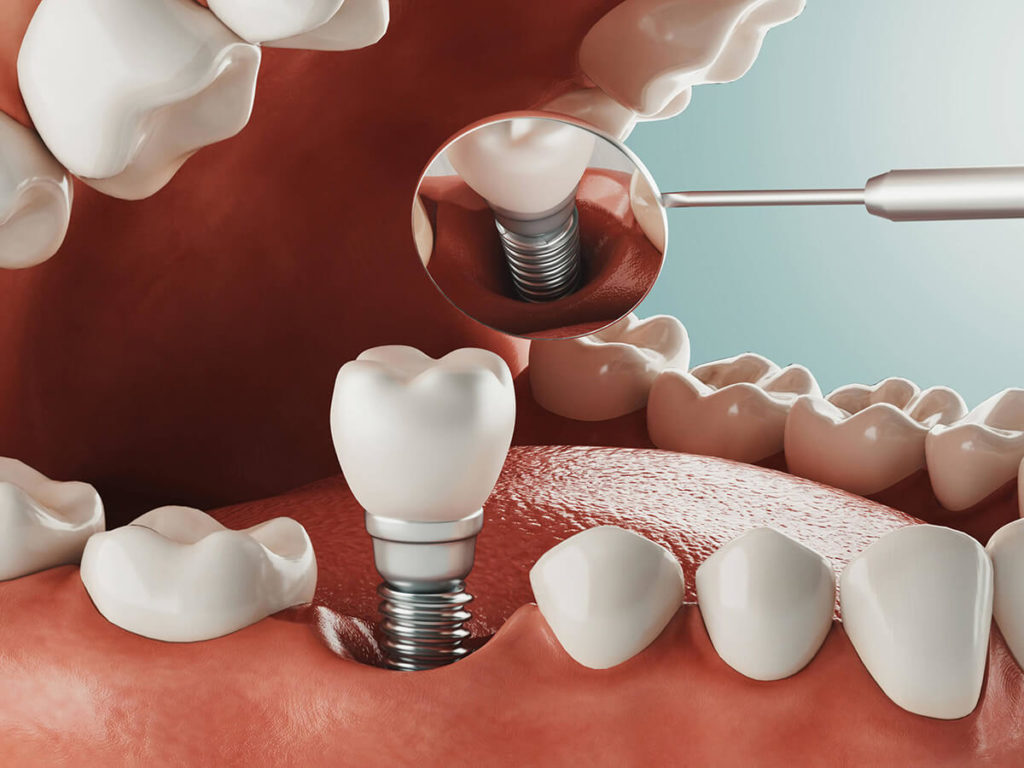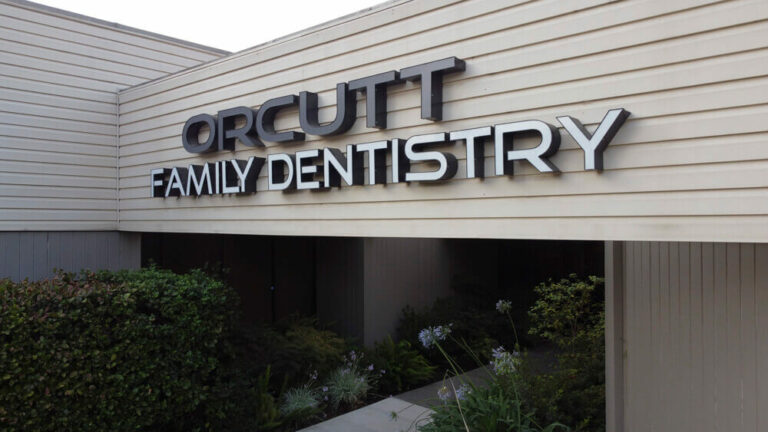Dental Implants
Dental implants are a very reliable source for effective tooth replacement. Whether you have lost one tooth or many, implants can provide a permanent solution that looks and functions naturally.
Dental Implants
in Fair Oaks, CA
Dental implants are posts made of titanium alloy or ceramic that are surgically implanted into the jawbone to fill gaps caused by missing teeth. They can also support dentures and act as artificial roots for individual tooth replacement. Dental implants can help to stabilize bone levels, prevent bone loss, and improve support, function, and aesthetics.
Compared to alternatives like dental bridges, dental implants require minimal adjustment or reshaping of neighboring teeth. They offer greater flexibility and a more authentic tactile experience than bridges or full/partial dentures.
If you’re missing one or multiple teeth, contact Orcutt Family Dentistry to discuss your options for teeth replacement.

-
Are dental implants painful?
The most challenging step in the dental implant process is to extract the teeth that will be replaced with implanted crowns. However, the extraction process will involve anesthesia, which means there will be little to no pain during the procedure and only a few days of recovery. If any discomfort is experienced during recovery, it should be manageable with over-the-counter medications like ibuprofen.
-
How much does a dental implant cost?
The cost of dental implants depends on several factors, such as the number of teeth to be replaced, the extent of the procedure, and your insurance coverage. Usually, dental implants cost around $2,000 to $3,000 per tooth. This cost only covers the implant, not the abutment or artificial tooth.
For patients with dental insurance, the out-of-pocket costs vary based on their plan and coverage. However, we can provide an estimated cost after your consultation appointment.
For those without dental insurance, we work to keep implants affordable by fixing the implant cost and providing flexible payment plan options.
-
What types of dental implants exist?
- Endosteal implants are the most commonly used dental implants. They are made of a titanium metal rod placed into the jawbone. Depending on the patient’s needs, a supporting post is attached to secure a dental crown or bridge.
- All-on-4 implants are a type of dental implant that involves using only four implants to support an entire top or bottom denture. These implants are strategically placed to ensure the replacement teeth remain steady and secure. The benefit of using four implants is that it promotes faster patient recovery and reduces the likelihood of complications from possible implant failure.
Questions About Dental Implants?
If you're interested in dental implants or would like to schedule an appointment with Orcutt Family Dentistry, please contact our office and we will be happy to discuss further.
